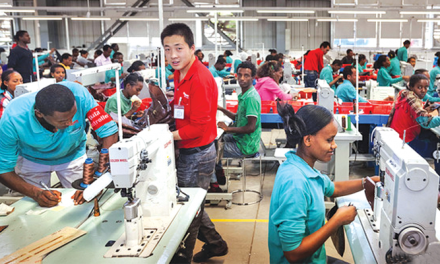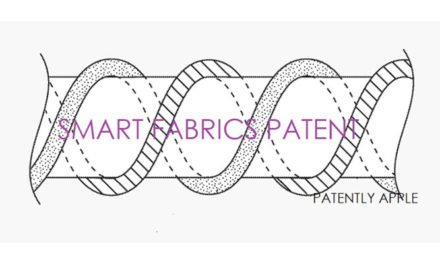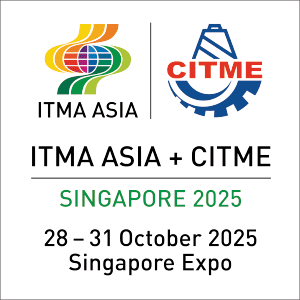
Avery Dennison, a materials science and digital identification solutions company, announced it has joined forces with TEXAID, a European company specializing in the collection, sorting, repair, reselling and recycling of used textiles. The partnership aims to address the challenges of textile waste management ahead of incoming regulatory changes in the EU.
A key aspect of this collaboration is the integration of cutting-edge technologies. As a provider of market- leading digital identification solutions for the apparel industry, Avery Dennison will work with TEXAID to explore how technology can enable traceability of garments through the sorting and recycling process. Digital identifiers, tracked via Avery Dennison’s atma.io connected product cloud platform, carrying vital fiber information, will aid TEXAID to process apparel into relevant resale or recycling streams.
Europe generates a staggering seven million tons of textile waste each year, yet only 35 percent of this waste is separately collected, and less than 1 percent is recycled into new materials. Recognizing the urgent need for change, the European Union (EU) is aiming for a complete overhaul of the industry by 2030 under the Strategy for Sustainable Textiles. New design requirements will ensure fashion items are longer-lasting, easier to repair and recycle, and free of hazardous substances.
An important aspect is the mandatory minimums for recycled content and the planned introduction of Digital Product Passports containing information about an item’s sustainability credentials. These will help EU regulators impose disclosure requirements and more accountability for what happens to clothes that can’t be sold or are no longer wanted.
Michael Colarossi, Vice President, innovation, product line management, and sustainability, Apparel for Avery Dennison, said: “How do we turn textile waste into value at scale? The fashion industry needs answers and it needs action. This technology-driven approach will enable textile recycling, while also reducing processing time, driving down costs, and increasing capacity.”
Martin Böschen, Chief Executive Officer of TEXAID, said: “Existing textile recycling facilities will be woefully inadequate if they remain small scale. We are showing today how technology can scale up processing so that we can generate the volumes of high-quality feedstock the industry is going to need.”






















